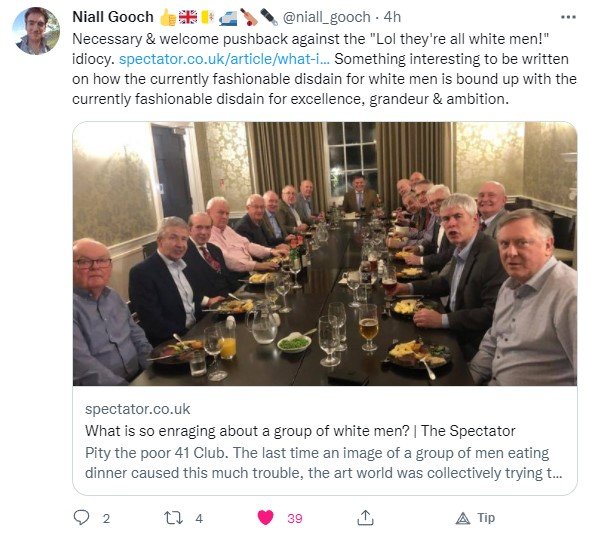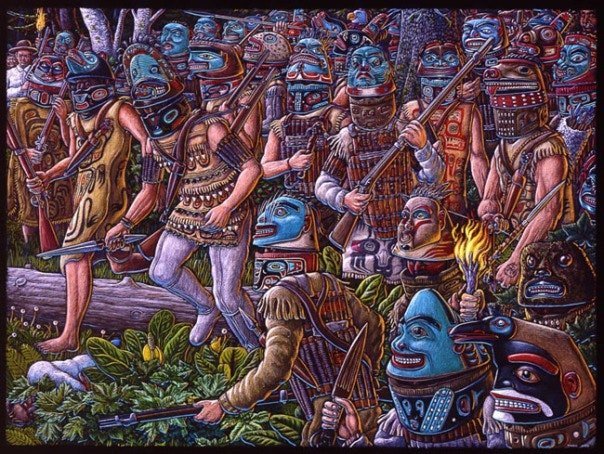Faustian Cultures

Excellence, grandeur, and ambition are the marks of a Faustian civilization.
In my book review of Pulp Rock yesterday, I used Spengler’s characterization of the West as a Faustian civilization.
According to Spengler, the West is a "Faustian" civilization. Readers will recall that Faust was a legendary Renaissance scholar-magician who sold his soul to the devil in return for knowledge and power. To be Faustian is to be impatient of limits, to seek the hidden, to take terrible risks. Benedict identified certain Indians of the American northwest as Faustian. Their otherwise well-ordered lives centered around ceremonies which deliberately created the setting for some dreadful excess. The potlatch is supposed to be characteristic of this kind of society, the ultimate in conspicuous consumption, in which great men give away or destroy a fortune in goods or money in order to gain prestige. (Actually, profligate benefactions by the rich to the poor were also the stuff of Classical Greco-Roman politics; in Roman history, the practice was called "bread and circuses.") In one rite, a horrible anthropophagous god would possess the celebrant, and participants were in danger of losing flesh to his bites. These were not the excesses of indiscipline; the culture acknowledged the limits of normal behavior by deliberately transcending them. It was the same spirit which made them the only Amerindian people to develop ocean travel.
It is a commonplace to decry the immense cultural energy that led to all the accomplishments of the West in the last 500 years as tainted by this Faustian deal with the devil. What I hadn’t known, is that in Goethe’s original, Faust ultimately achieves salvation nonetheless, cheating Mephistopheles at the end. In my mind, that puts a whole different spin on what is arguably a foundational myth.
I also found an interesting connection in the paragraph above written by John J. Reilly, where he cites Ruth Benedict’s assessment of the tribes of the American Northwest such as the Haida as Faustian as well. I’ve used Ruth Benedict’s work in my book reviews of the Cradle series by Will Wight.


That cultural energy was what the Washington football team was originally honoring. However, despite their fierceness, I do not know that the Haida or any other Northwestern tribe have fared any different in their forced transition to modernity.

Comments ()